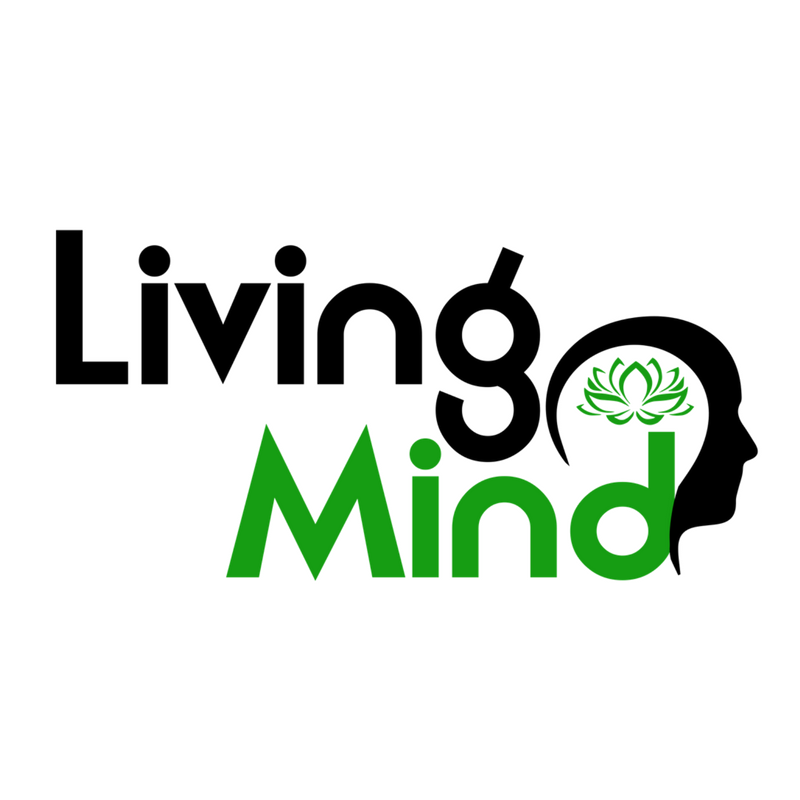Frequently Asked Questions about rTMS
We’ve put together a list of frequently asked questions about rTMS treatment for those who are interested in the treatment or patients who are currently receiving it. Please feel free to browse our website for more information or send us a message if there is anything else you’d like to know.
► What can I expect from a session?
The session involves placing a treatment coil on the skull next to the area of the brain most associated with controlling the medical or psychiatric condition being treated. A magnetic pulse will be passed through your skull into your brain which creates a small electric current and in turn stimulates neurons to become more active through a process called electromagnetic induction.
You’ll be asked to remove any magnetic sensitive objects such as credit cards, glasses and jewelry and will be given a set of earplugs for your protection and comfort. You’ll be able to hear an audible clicking sound whilst receiving treatment, but this isn’t anything to be worried about. During your first session, some measurements will be taken of your head to ensure the rTMS coil is suspended over the correct portion of your brain. You’ll be able to sit down during treatment and can even read a book whilst receiving it.
► How many sessions will I need?
Integrated rTMS therapy involves multiple treatment sessions a week over a short period of time. Sessions will usually last around 30 – 40 minutes but can vary depending on your condition. For depression - patients receive TMS 5 days per week for 2 - 6 weeks, most patients feeling a noticeable difference after 3 - 4 weeks. A typical course of rTMS is 2 - 6 weeks although this will vary depending on every individual response to treatment.
► What are the side effects?
One of the most exciting things about rTMS is that the treatment is mostly side effect free. Transient headaches are the only commonly reported side effect, occurring in about half of people who receive the treatment.
► Can I take my medication whilst having this treatment?
For depression - Absolutely. Although you may find that as you enter remission, you won’t need to take it anymore.
► How is it different from ECT?
ECT is a last resort treatment, reserved for those with severe psychiatric illnesses which have been unresponsive to all other forms of treatment. It is commonly associated with negative depictions of mentally ill people within the media. ECT works by directing an electrical current into the patient’s brain through electrodes attached to the scalp to intentionally cause a series of seizures. Patients often find this procedure incredibly invasive.
Our treatment - Integrated rTMS is entirely different to ECT. Integrated rTMS is a non invasive method of treatment administered in a doctors office sitting down and has minimal side effects. rTMS stimulates neuronal activity in specific parts of the brain most commonly associated with the conditions being treated and doesn’t penetrate deep into the brain.
► What is the difference between rTMS and TMS?
rTMS stands for Repetitive Transcranial Magnetic Stimulation, a therapy which is almost the same as TMS. The key difference between the two lies in the amount of electromagnetic pulses administered during treatment. During rTMS, the speed in which the magnetic coils product electromagnetic waves is increased, therefore creating a stronger sense of electromagnetic induction. rTMS will often induce longer term changes in the brain as the frequency of the electromagnetic waves is greater than those of TMS.
When we talk about Integrated TMS, we are referring to our unique approach which combines rTMS alongside complementary therapies.
► Do I need a referral?
f you are interested in receiving rTMS for depression, you will need to produce a written psychological or psychiatric assessment prior to your treatment starting. This assessment can be carried out by a psychiatrist, psychologist or your GP. Once we receive your written assessment you will then need to have a free 15 minute online consultation with Dr Arghya Sarkhel to go through your assessment and ensure that rTMS is the right treatment path for you.
If you don’t have one, we offer a full psychiatric assessment which consists of a 1 hour appointment with Dr Arghya Sarkhel and a full written report post-assessment. Priced at £400, this assessment will ascertain whether you are a suitable candidate for the treatment.
If you are interested in receiving TMS for a physical disorder such as migraines or chronic pain, a written assessment by a GP or specialist physician will be sufficient and we will not require a written psychological or psychiatric assessment. The length of treatment course required varies on a case by case basis for physical disorders and the price is £200 per session.
► What happens if I relapse?
Additional doses of rTMS are a useful therapeutic approach for treatment-resistant depression after an initial successful acute course of rTMS.If you are likely to relapse, our Doctor will suggest that you come in for a dose of maintenance treatment every so often. If you do relapse after an acute treatment, let us know and we will schedule you in for an additional consultation.
► I cannot commit to 5 days per week for treatment. Can you administer it faster?
We are able to administer multiple treatments for those who who cannot make it 5 days per week for the treatment of depression. The treatment protocols differ for each condition, so if you are not suffering from a mental illness, you are not likely to visit us 5 times per week.

